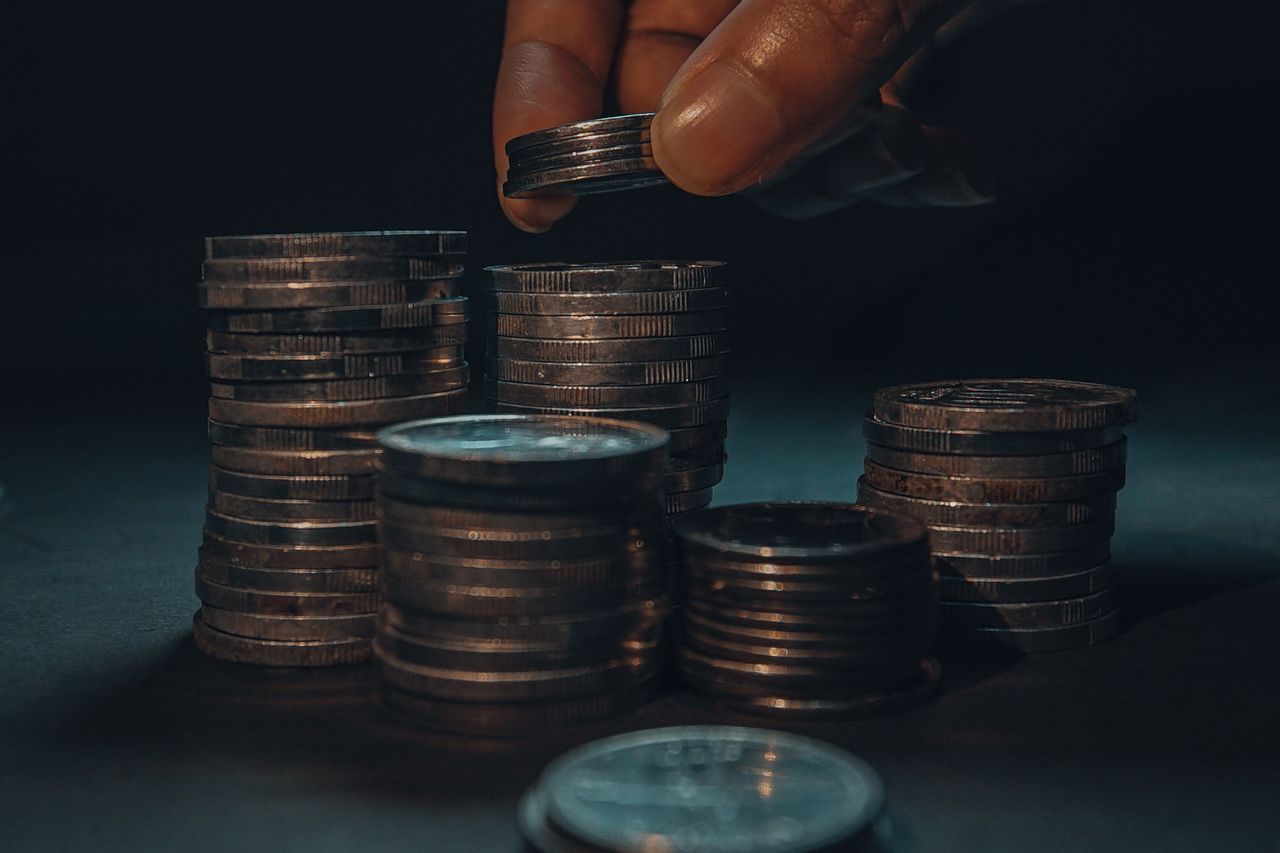Entrepreneurs Mention The Minimum Wage Setting Always Causes Polemics Every Year

JAKARTA - Chairman of the Indonesian Employers' Association (Apindo), Hariyadi Sukamdani, said that almost every year the determination of the minimum wage always causes polemics. The increase in the district/city minimum wage (UMK) every year will affect investment and employment in Indonesia.
As is known, the Confederation of Indonesian Trade Unions (KSPI) demands an increase in the 2022 district/city minimum wage (UMK) at around 7 percent to 10 percent.
Furthermore, Hariyadi said that there was a shift from the type of investment realization. From what was previously Indonesia more labor-intensive investment to only capital.
According to Hariyadi, currently labor-intensive investment in Indonesia is starting to decrease due to wage increases. In fact, the sector creates more labor than capital-intensive investments.
"If we look at the previous years in 2010 when PMA and PMDN investment was around Rp. 203 to Rp. 204 trillion. The ratio per Rp. 1 trillion could absorb 5,014 workers. In 2019 when we reached around Rp. 806 trillion, only 1,220 were absorbed. ," he said, in Jakarta, Wednesday, November 3.
Hariyadi ensured that the data he mentioned was not random. He emphasized that the increase in the minimum wage will also have an impact on reducing opportunities for employment in Indonesia.
"What does it mean, yes, this is data, I didn't make it up, it means that what comes in is more capital intensive. The labor intensive is gone, that's what has happened. So there is indeed a correlation that the UMP goes up so it is labor intensive which should be a cushion for labor absorption even shrinking, what is still surviving are capital-intensive ones," he said.
According to Hariyadi, since 2004 or 1 year after Law Number 13 of 2003 concerning Manpower was passed, it has often proposed formulas for calculating the minimum wage. Because according to him, he believes that the regulation will affect the realization of investment.
However, Hariyadi assessed that the current minimum wage setting regulated in Law (UU) Number 11 of 2020 concerning Job Creation and its derivatives in Government Regulation (PP) Number 36 of 2021 concerning Wages was appropriate.
"When asked what the reasonable limit is, in our view, the current formula is a reasonable parameter. So we refer to the existing formula, because it is clear that there is a calculation or formulation of the average consumption of the community. Now that's something realistic," he said. .
Then, continued Hariyadi, there are parameters regarding economic growth or inflation and the open unemployment rate. Therefore, he hopes that the issue of wages will not be an issue every year.
"Where as we know in reality, the people who need the job are in fact still very large," he said.
Previously, the Confederation of Indonesian Trade Unions (KSPI) would stage a demonstration to take to the streets to demand a minimum wage of 10 percent on October 26. The action was attended by 1,000 factories in 24 provinces and more than 100 regencies/cities.
KSPI President Said Iqbal said the demonstration was the initial attitude of workers asking for an increase in the UMK next year to reach 7 to 10 percent. Because based on the survey results, an average of 60 items of decent living needs (KHL) have increased.
"From the survey, it was found that the most experiencing price increases was transportation, especially public transportation with very few pandemics operating so they switched to online transportation so that transportation costs rose sharply. The prices of basic commodities also increased by an average of 7-10 percent," he said.
Iqbal said that if the government does not respond to tomorrow's action, then it will take even bigger action and it is possible that it will end in a national strike by stopping production.
"This is the initial action of workers taking to the streets. If they are not heard, there will be further actions and the culmination does not rule out the possibility of going on strike, stopping production, but we will see how it develops," he explained.
